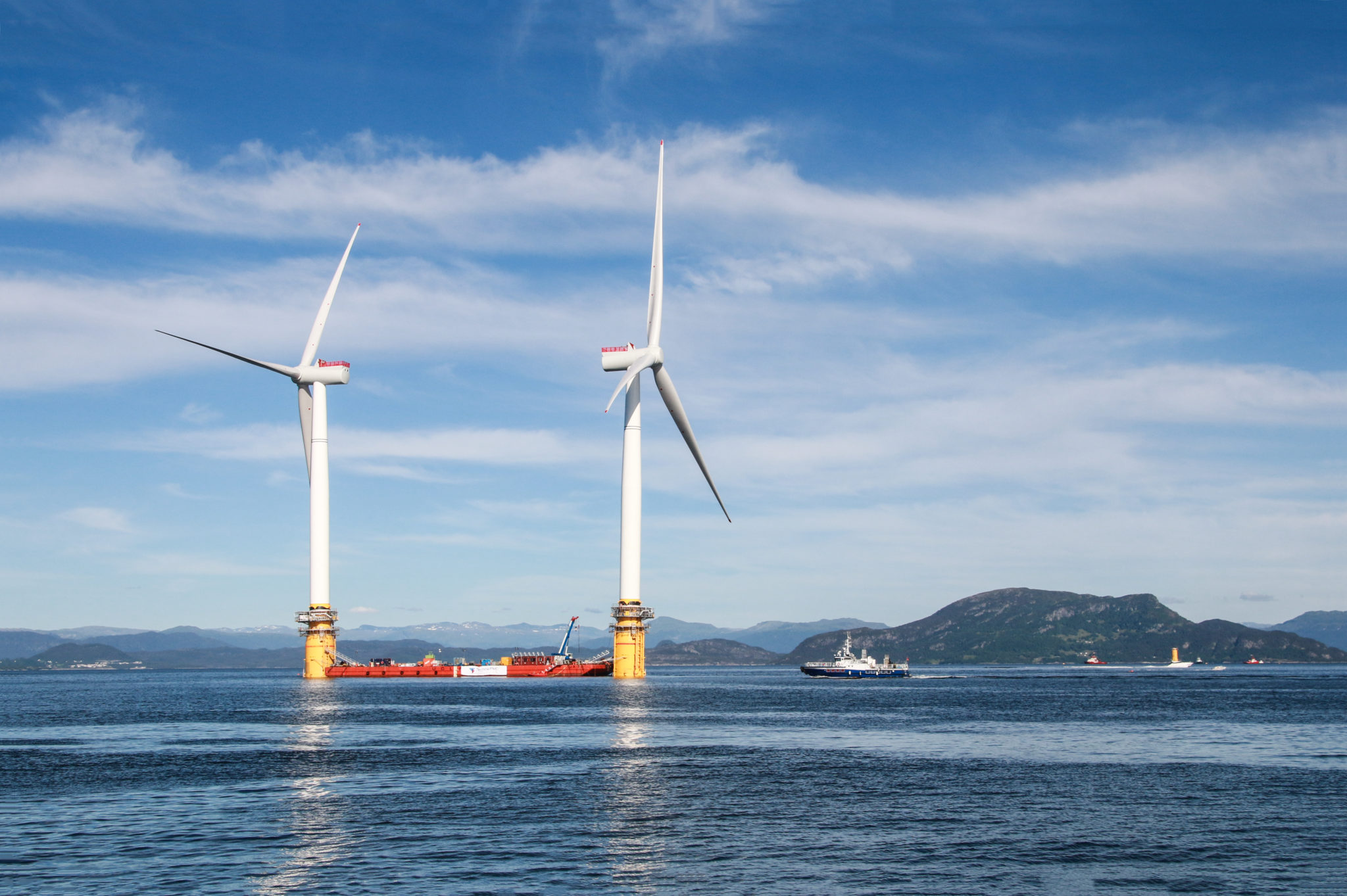Benelux Energy & Utilities Update - November 2019
Published on 5th November 2019

New Dutch renewable subsidy round of EUR 5 billion opens in late October
As of 29 October subsidies can be requested based on the programme Stimulating Renewable Energy Production ('Regeling Stimulering Duurzame Energieproductie', 'SDE+'). This so-called autumn round, with a budget of €5 billion, will be open from 29 October 2019 (9:00 hrs CET) until 14 November 2019 (17:00 hrs CET). The autumn round has three phases. In the first phase, projects with a maximum base amount (covering the total investment and operation and maintenance costs) of €0.09 per kWh can be applied for. Subsequently, the program will be opened for more costly projects up to €0.13 per kWh. A new requirement, which was applicable in previous rounds, is that all applications must be accompanied by a transmission capacity indication prepared by the grid operator. As such, applicants must demonstrate that sufficient transmission capacity is available for the location to which the application relates. Recently many network operators were faced with network congestion due to the sharp increase in renewable energy production. In early October, the Dutch transmission system operator (TenneT) announced that it intends to make additional investments of around €215 million in order to be able to connect solar and wind parks in the north of the Netherlands.
Dutch gas wholesaler GasTerra phased out in the coming years
GasTerra, the largest Dutch gas wholesaler that traditionally sold most of the natural gas produced in the Netherlands, will gradually phase out its activities over the next few years. This decision, taken by GasTerra's shareholders (essentially the Dutch State, ExxonMobil and Shell), is linked to the cessation of gas production in the province of Groningen due to severe earthquakes in recent years which caused significant damage to homes and other buildings in the region. The company emphasized that it will honor all of its obligations under existing supply agreements. A redundancy plan will be set up for its approximately 165 employees.
Some disagreement on the Belgian phasing out of nuclear energy by 2025
Whereas the Belgian Act of 31 January 2003 on the gradual phasing out of nuclear energy was amended by an act of 28 June 2015 in order to extend the operating life of some Belgian nuclear plants by ten years, Electrabel's president now advocates for extending the operating life of three nuclear reactors by 20 years. However the Belgian federal Minister for Energy recalled on 5 October 2019 that Belgium committed itself to end its nuclear energy program in 2025 and that there must be a minimum level of stability in political direction in order to enable investment in the energy sector. In this context, the government is reportedly considering the introduction of a Capacity Remuneration Mechanism. The final decision on this matter however lays in the hands of the new government which has not yet been constituted.
Belgium looks to wind energy to reach nuclear energy phase out by 2025
In order to face the challenge of a nuclear phase out by 2025, the Belgian federal government has set up a new legislative framework to enhance offshore renewable electricity production. First of all, as the current areas are no longer sufficient for new projects, the Royal Decree of 22 May 2019 defines a new area located on the French border for the production of renewable energy in the North Sea. Second, the Act of 12 May 2019 amending the Electricity Act of 29 April 1995 introduced a competitive tender procedure for the construction and operation of offshore renewable sources which will promote competition and push prices down. In this context, DEME - a worldwide leader in the highly specialised fields of dredging, marine engineering and environmental remediation - has started the foundation installation at the largest offshore wind farm in Belgium (i.e. SeaMade which has a capacity of 487 MW ) with the aim to bring the Belgian offshore wind capacity to 2,262 MW by 2020, to provide renewable energy to 500,000 Belgian households and hopefully to participate in doubling Belgium's offshore wind capacity to 4 GW by 2025. With the SeaMade project, DEME hopes to be able to contribute to an increase in Belgian offshore wind capacity to 4GW by 2025.
The Netherlands and Germany to enhance renewable energy cooperation
On 2 October, the Ministers of Economic Affairs of the Netherlands and Germany signed a joint declaration expressing their intention to enhance cooperation in the context of the energy transition. The governments of both countries acknowledge that the energy transition is a cornerstone of their common aim to achieve climate neutrality in the European Union in 2050. Given the close integration of the energy markets and infrastructures of the two countries, the declaration acknowledges that national energy policy decisions need to take due account of effects on other countries. The declaration emphasizes the importance of closer regional cooperation on issues with high cross-border relevance, such as decarbonisation of the energy system, security of supply, the potential role of hydrogen, carbon pricing, capture, utilization & storage as well as research & innovation. The declaration also mentions the development of cross-border offshore wind projects, which both governments consider to be an area of great potential in the North Seas region. Within the context of the North Seas Energy Cooperation, several exemplary cross-border offshore wind projects have been identified where a more detailed assessment and greater cooperation could be beneficial. The Dutch and German governments will continue to look at these projects and assess jointly how these and other projects could contribute to further market integration.



